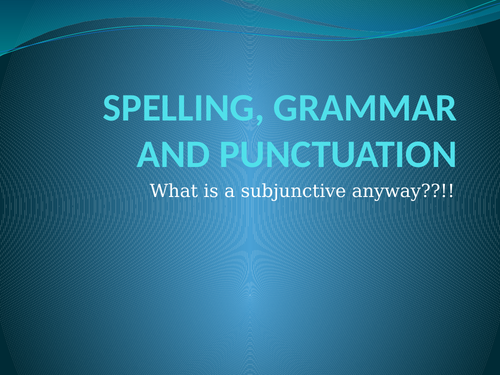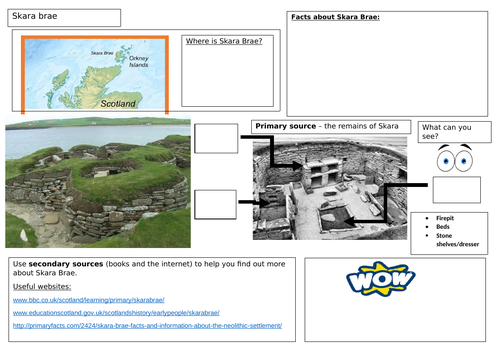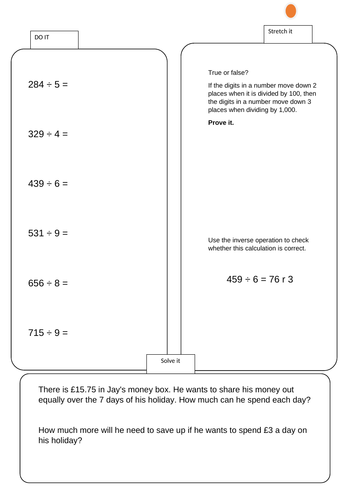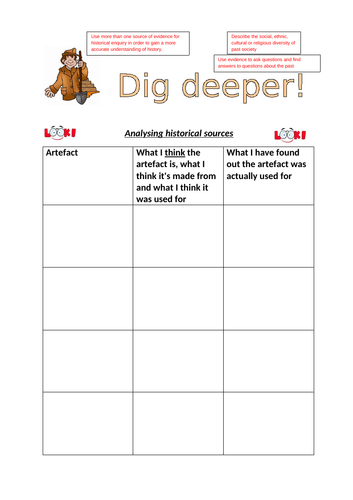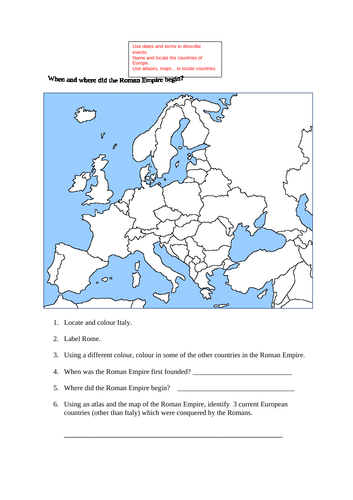Kazza888's Shop
I am currently a year 3 teacher and English lead. I endeavour to only publish resources which have been well thought out to match curriculum objectives and hope that they will be useful to other colleagues saving them time wherever possible.



